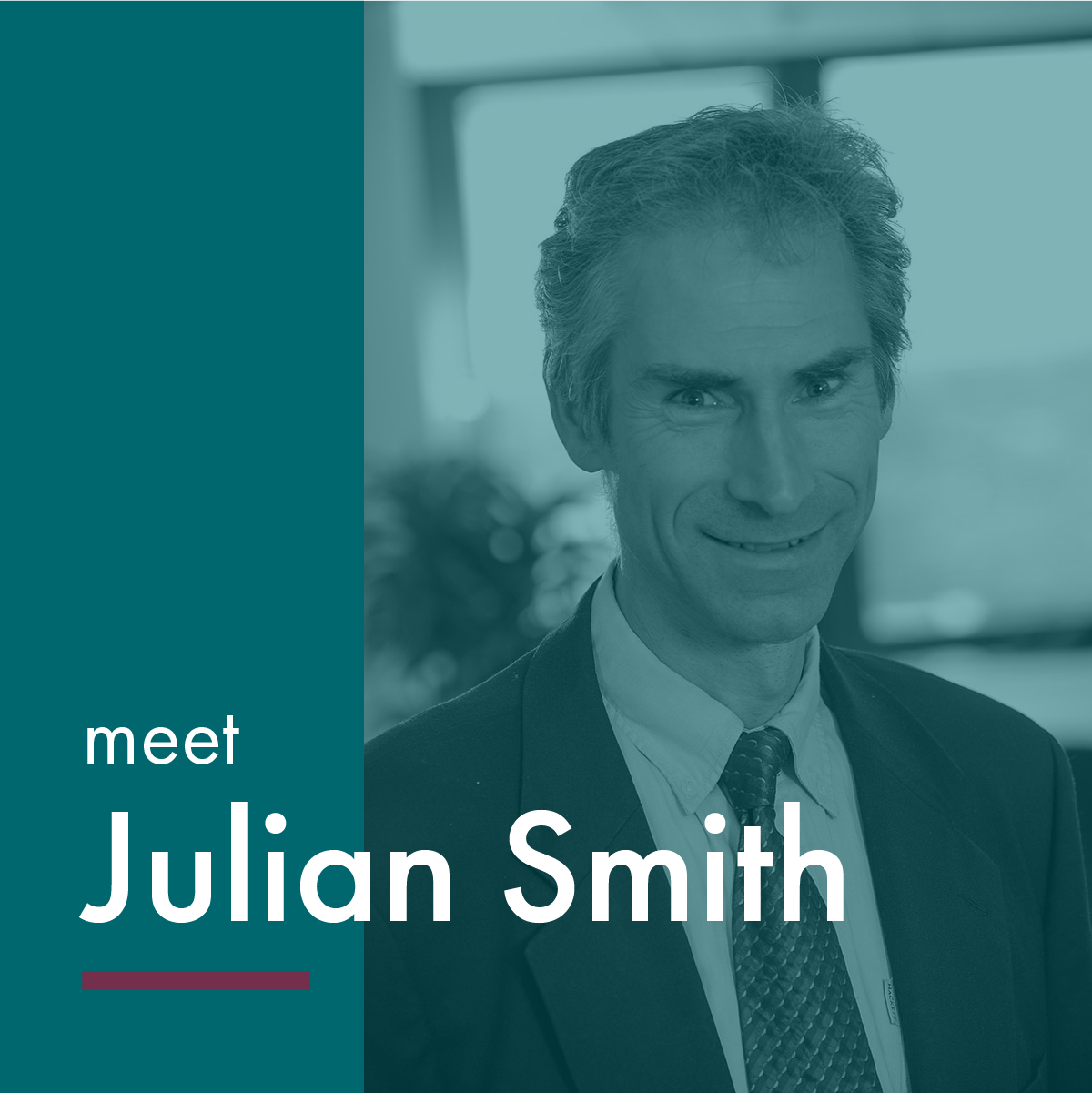Meet The Team: Julian
Meet the team
Welcome to the second of our new series of regular blog posts where we meet key Mathisen & Macara team members. This second blog is with one of our partners, Julian Smith, who is shortly to retire from the firm.
Biography
Julian qualified as a UK and European Patent Attorney in 1990. After working in the patent departments of two major chemical companies, Rohm & Haas and BP Chemicals, he co-founded a new intellectual property firm, Compass Patents LLP, which then merged with Mathisen and Macara in 2011.
He has a degree in Natural Sciences, specialising in chemistry. His focus has been on resolving complex intellectual property and patent rights for the chemical and manufacturing sectors. He has considerable experience at the European Patent Office.
And now we find out more about Julian’s career and what’s next for him.
Beginnings – where it all started
Julian considers himself lucky in his choice of career. While he always enjoyed English at school, he decided to read Natural Sciences at university. When the time came to choose a career, he was “looking for something that might combine writing and use my degree as well.” He came across the patent attorney profession. He regards it as serendipity: “it was a bit of luck. This thing seemed to fit perfectly.”
Everything changes but nothing has
Both Julian’s clients and patent law have remained constant over the years. He still does client work for previous employers. This continuity extends to patent law which has not changed significantly in his career. He recalled that in 1985, the President of the Chartered Institute of Patents said a “new unified European patent will be coming in soon. They’re all getting prepared.” Move forward to 2022 and the preparations continue. The Unified Patent is about to start but “we still don’t know the exact date.” This will be a “big change.”
While “the law doesn’t change that fast”, technology does. The advent of the internet gave patent attorneys “the ability to find everything online without leaving your desk.” Before that, “you had to go to the library in central London.” This would involve getting “a great thick book off a shelf in the library, flip through it, read it and ask for a photocopy.” Technology has made it “so much quicker and more efficient.”
Variety is the spice of life and all that
His work has ranged from patents for recycled plastic milk bottles, white road paint, and cardboard boxes to black sanitary towels.
This variety extends to travelling too. His first company was based in Philadelphia “so I used to go over there a fair bit.” And “many, many” journeys to the European Patent Office in Munich. Trips to Cannes because of the location of his employer’s research lab contrast sharply with those to BP chemical plants in the UK.
Julian claims never to have been late for a client meeting – apart from once. A trip to the EPO in the Hague saw him end up on a diverted tram. The only way to avoid severe lateness was to get off the tram and run to their offices. The only problem? “These dykes crisscrossing everywhere. You suddenly find that even though you can see the EPO building a mile away, you’ve got six dykes between you and the EPO.” Despite this, he was only five minutes late.
Advice to his younger self
The only advice he would give to his younger self would be “really understand the technology” which “sometimes can take time.” He also remarks that he was once told that it takes five years to qualify as a patent attorney but another 10 years “to learn how to do the job.” He thinks this is “not an exaggeration. It does take a long time. It is hard.” But “I like the job. I will miss it.”
And the future?
Julian believes that technology will continue to have an impact on patent attorneys – only this time, it will make it easier for firms such as Mathisen & Macara to recruit from a wider geographic area: “With home working, things may be easier.” And with only 2,000 qualified patent attorneys in the UK, this will give Mathisen & Macara a wider choice of candidates.
And retirement plans? While he claims not to have “thought what’s next”, he might “learn to play the piano again and learn the guitar.” His garden beckons, his children are still “relatively young”, and there’s his cross country running. But not to the EPO offices in the Hague though.
We wish Julian all the best for a long, happy and fulfilling retirement. We will miss him.
